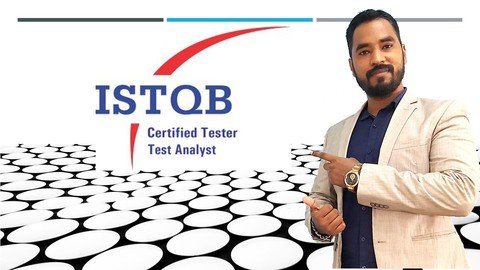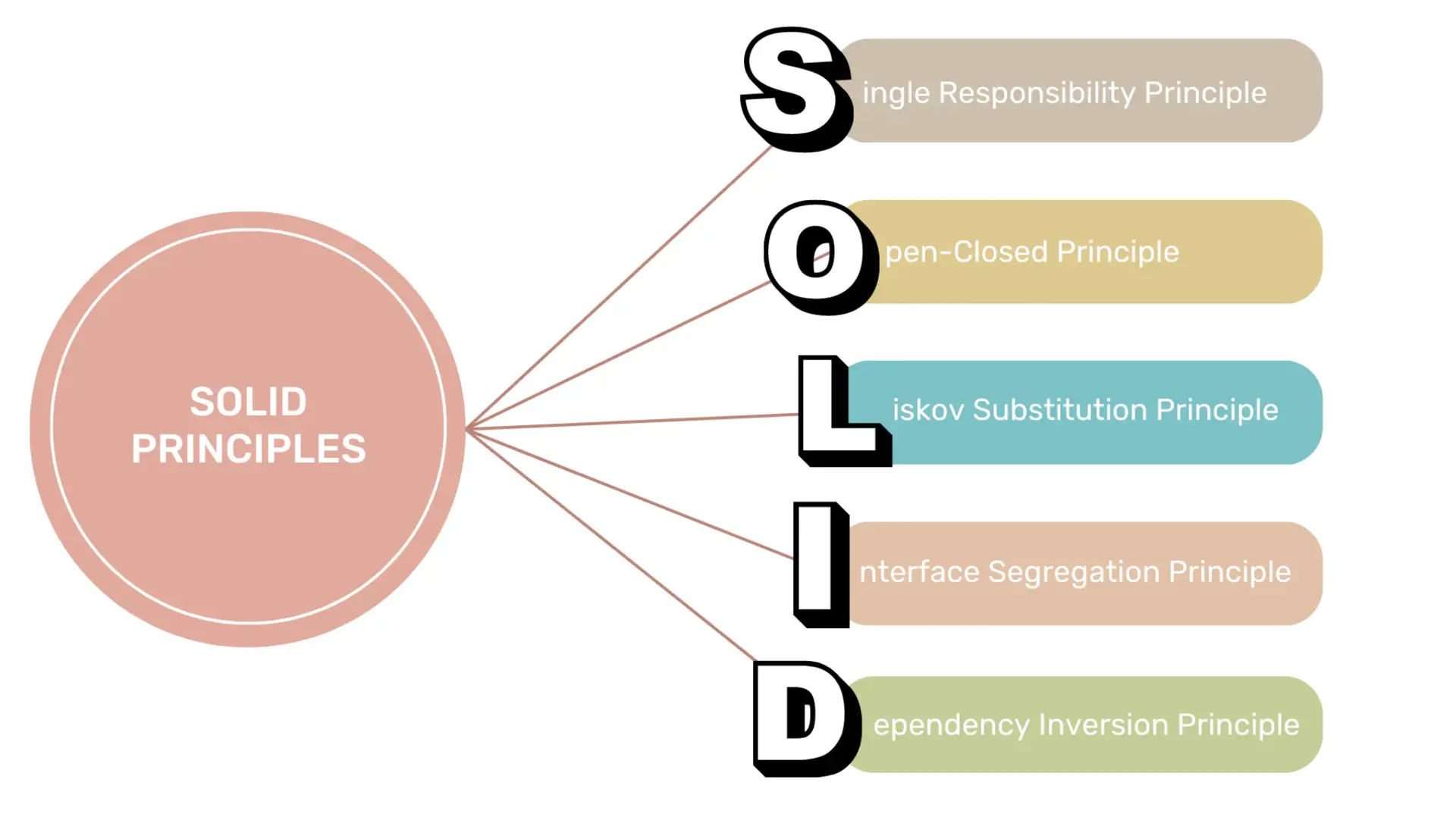Smart Phone Remote Controller ● Widespread Compatibility: Your smartphone can function effectively with the standard connector that is frequently used to replace iOS cellphones.● Plug and Play: Your smartphone may become an…
ISTQB Advance Test Analyst 2022 + Sample Questions

Mastering ISTQB Advanced Test Analyst: Elevate Your Testing Expertise
Introduction: In the dynamic world of software development, effective testing is crucial to ensure the quality and reliability of software products. The ISTQB Advanced Test Analyst certification is an in-depth program designed to equip software testers with advanced testing skills and techniques. In this blog, we will explore the significance and advantages of this certification, highlighting its importance in the field of software testing.

1. Understanding ISTQB Advanced Test Analyst Certification: This section provides an overview of the ISTQB Advanced Test Analyst certification, its curriculum, and the advanced testing concepts covered. Participants gain specialized knowledge in software testing methodologies and become proficient in analyzing complex testing scenarios.

2. Advantages of ISTQB Advanced Test Analyst Certification: Achieving the ISTQB Advanced Test Analyst certification offers numerous benefits, including: a) Expertise in Advanced Testing Techniques: Participants gain expertise in advanced testing techniques, enabling them to design effective test strategies. b) Enhanced Career Opportunities: Certified Test Analysts stand out in the job market, opening doors to exciting career opportunities. c) Improved Test Management Skills: The certification equips professionals with advanced test management skills, leading to successful testing projects. d) Quality Assurance Excellence: Advanced Test Analysts play a vital role in enhancing software quality and ensuring customer satisfaction.

3. Importance of ISTQB Advanced Test Analyst Certification: This section highlights the critical role of ISTQB Advanced Test Analyst certification in elevating software testing standards. Key topics include: a) Test Design Techniques: Mastering advanced test design techniques to ensure comprehensive test coverage. b) Risk-Based Testing: Understanding risk-based testing methodologies and their significance in prioritizing test scenarios. c) Test Automation: Exploring advanced test automation tools and strategies for efficient test execution. d) Test Metrics and Reporting: Learning to analyze test metrics and prepare detailed test reports for stakeholders.(ISTQB Advance Test Analyst)

4. Sales Pitch: Your Gateway to Becoming a Testing Maestro: Ready to take your testing career to new heights? Enroll in the ISTQB Advanced Test Analyst certification course and embark on a journey towards becoming a testing maestro. With our comprehensive training materials, hands-on exercises, and expert guidance, you’ll be well-prepared to excel in the ISTQB Advanced Test Analyst exam. Elevate your testing skills, validate your expertise, and earn recognition as an accomplished Test Analyst. Join us now and unlock the potential to lead successful testing projects and contribute to the excellence of software products.

Bonus: 20 Practice Tests for ISTQB Advanced Test Analyst: To help you prepare thoroughly for the ISTQB Advanced Test Analyst certification exam, we offer a set of 20 practice tests. These multiple-choice objective tests are written inline for your convenience, providing immediate feedback on your progress.
- What is the primary goal of risk-based testing? a) To execute test cases randomly b) To prioritize test scenarios based on their impact and likelihood c) To automate all test cases for efficient test execution d) To design test cases based on user requirements Answer: b) To prioritize test scenarios based on their impact and likelihood
- Which advanced testing technique involves testing the application with a combination of positive and negative test scenarios? a) Boundary Value Analysis b) Equivalence Partitioning c) Decision Table Testing d) Pairwise Testing Answer: c) Decision Table Testing
- Test Analysts play a crucial role in: a) Writing code for software applications b) Managing project timelines c) Ensuring software quality and reliability d) Creating user interfaces for software products Answer: c) Ensuring software quality and reliability
- What is the significance of test metrics in software testing? a) To automate test execution b) To identify test cases c) To measure testing progress and quality d) To design test scenarios Answer: c) To measure testing progress and quality
- Which technique focuses on testing the software application’s response to a large number of concurrent users? a) Stress Testing b) Usability Testing c) Performance Testing d) Security Testing Answer: c) Performance Testing

- What is the main objective of usability testing in software testing? a) To identify defects in the software code b) To measure the performance of the application under load c) To evaluate the software’s user-friendliness d) To test the compatibility of the application with different browsers Answer: c) To evaluate the software’s user-friendliness
- Which technique is used to assess the ability of the software to handle data beyond its specified limits? a) Boundary Value Analysis b) Negative Testing c) Alpha Testing d) Positive Testing Answer: b) Negative Testing
- The primary purpose of a traceability matrix in software testing is to: a) Manage test resources b) Document test cases c) Identify defects in the software code d) Establish a relationship between requirements and test cases Answer: d) Establish a relationship between requirements and test cases
- In exploratory testing, the tester: a) Follows predefined test cases b) Improvises test cases as testing progresses c) Tests the application only for performance d) Executes automated test scripts Answer: b) Improvises test cases as testing progresses
- What is the primary benefit of test automation in software testing? a) To reduce the need for manual testing b) To eliminate the need for testing resources c) To ensure 100% test coverage d) To speed up the development process Answer: a) To reduce the need for manual testing
- Which testing technique involves testing the software’s ability to recover from unexpected failures or crashes? a) Recovery Testing b) Performance Testing c) Usability Testing d) Regression Testing Answer: a) Recovery Testing
- The primary goal of alpha testing is to: a) Verify the system’s compliance with requirements b) Evaluate the software’s usability by end-users c) Assess the application’s performance under load d) Identify defects in the software code Answer: b) Evaluate the software’s usability by end-users
- What is the purpose of a defect report in software testing? a) To track the status of test cases b) To measure test coverage c) To communicate and track defects found during testing d) To document test results Answer: c) To communicate and track defects found during testing
- Which technique focuses on testing the software application with inputs at the boundaries of specified ranges? a) Stress Testing b) Equivalence Partitioning c) Boundary Value Analysis d) Positive Testing Answer: c) Boundary Value Analysis
- What is the significance of risk identification in software testing? a) To prioritize test cases b) To assess the impact of defects c) To automate test execution d) To create test data Answer: b) To assess the impact of defects

Conclusion: ISTQB Advanced Test Analyst certification is a pathway to becoming a highly skilled and proficient software testing expert.
By acquiring this certification, you’ll gain specialized knowledge in advanced testing techniques, enabling you to design effective test strategies and ensure superior software quality.
Embrace the opportunity to become a testing maestro and join the league of certified Test Analysts who play a crucial role in elevating software testing standards. Enroll now and embark on your journey towards excellence in software testing with ISTQB Advanced Test Analyst certification!














































